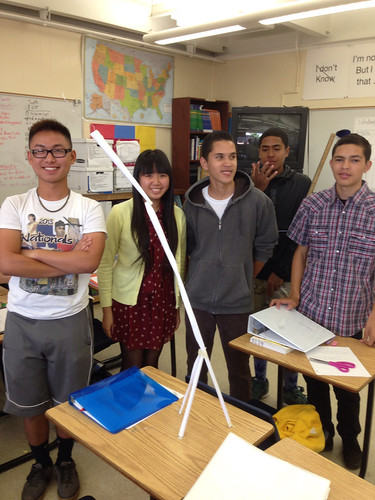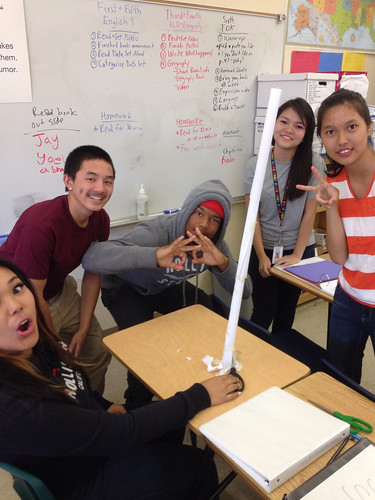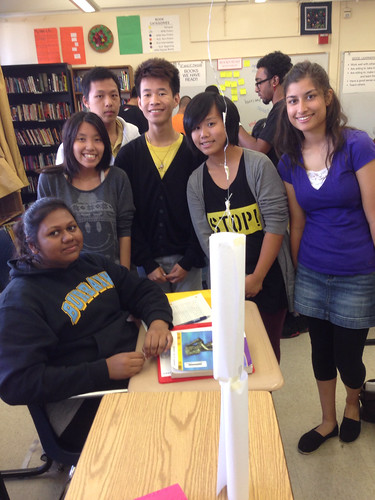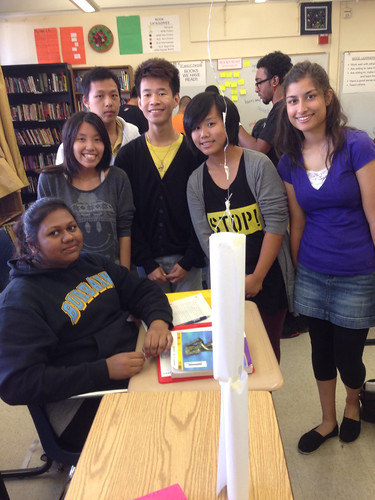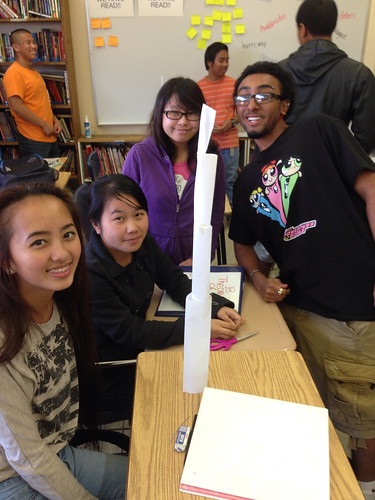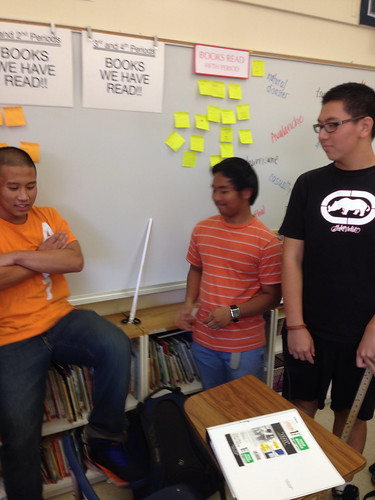Theory Of Knowledge Schedule 2011-12
Homework:
Read assigned chapters. For each one, write what you think are the three most important points and why you think they are important (two sentences for each one is sufficient), two short key quotes and at least a sentence explaining why you chose each one, and two questions you have. In addition, you must choose one “linking question” at the end of each chapter and write an “ABC” paragraph responding to it. “A” means answer the question; “B” means back it up with at least one piece of evidence from the chapter; “C” means make a connection — share a personal experience that supports your answer. Homework will be shared in class. Most of this will be done by January. After that time, “homework” will be primarily preparation for TOK Presentation & Essay. However, substantial class time will be made available for you to work on the presentation and essay.
Occasional assignments on TOK Class Blog
Group TOK Presentation – give it twice with the higher-grade counting. Each will be videotaped. Substantial time in class will be provided to prepare, but outside time will also be needed.
TOK Essay – At least one essay where substantial time in class will be provided (assuming we can get access to computer lab), but outside time will also be needed.
This schedule is subject to change in consultation with the class.
SEPTEMBER:
• Introduction to TOK
• The Problem and Nature Of Knowledge, p. 3-40 (homework due 9/14)
• CAS Plan developed
• Knowledge Issues
• Perception p. 88 -105 (homework due 9/21) – also, do the assignment on the blog titled “Why Do People Believe What They See?” by the same date.
• Language p. 47-79 (homework due September 28th)
OCTOBER
• Reason and Logic p. 111-141 (homework due Oct. 5th)
• Emotions p. 145-169 (homework due Oct. 12th)
• Math p. 187-213 (homework due Oct. 19th)
• The Arts p.328- 356 (homework due Oct. 26th)
NOVEMBER:
• CAS Review
• History p. 300-322 (homework due Nov. 9th)
• Ethics p. 363-396 (homework due Nov 16th)
DECEMBER:
• Natural Sciences p. 220-250 (homework due November 30th)
• Human Sciences p. 256-288 (homework due December 7th)
• TOK Presentation Planning – Decide on topic and group by December 14th. Assuming we can get access to the computer lab, you will one class period each week to work on it, plus two periods immediately prior to when presentations begin – a total of eight class periods. Your written plan will be due on January 18th , but I strongly recommend that you review a draft with me prior to December 20th – if not sooner.
You will make this presentation in late January and early February next semester, and then again shortly afterwards. The one with the higher grade will count. Presentations will be video-recorded.
JANUARY:
• Starting this month and going until the end of the school year, small groups will pick from a wide choice of materials for each Way of Knowing and Area of Knowledge. Each week, groups will prepare short lessons on the material they chose to present to the class – either to another small group or to the entire class. You will be provided a guideline, and creativity will be encouraged. You will have one class period to chose and prepare; there will be one-to-two class periods to present; and the remaining days each week will be spent on your TOK presentation or essay.
• Student-created lessons on perception during the week of January 6th
• Student-created lessons on language during the week of January 13th
• Prepare TOK Presentations
• Written TOK Presentation Plan due January 18th
• Draft PowerPoint for presentation due on January 25th
• Final written Presentation Plan and PowerPoint due on February 1st
• CAS Review
FEBRUARY:
• “Guinea Pig” oral presentations give & publicly critiqued by teacher and class on Wednesday, February 6th
• Groups make changes based on critique on Feb. 7th and 8th
• TOK Presentations start on Feb. 11th and done throughout the week
• Groups revise their presentations during the rest of the month
• Student-created lessons on Reason and Logic during the week of February 13th
• Student -created lessons on Emotions during the week of February 20th
MARCH:
• Second presentations begin Monday, March 4th
• Class celebration!
• TOK Essay Planning beginning March 12th. You must pick a prompt for your essay by March 16th
• Student-created lessons Math during the third week of March. Work on essay.
• Student-created lessons on The Arts during the fourth week of March. Work on essay
APRIL:
• Essay Outline due on March 29th. Draft is due April 19th. Second draft is due May 10th. Final is due June 7th.
• Student-created lessons on History during the third week of April
• Student-created lessons on Ethics during the fourth week of April
• CAS Review
MAY:
• Student-created lessons on Natural Sciences during the first week of May
• Student-created lessons on Physical Sciences during second week of May
• Plato & Cave Unit
• Final essay due on June 7th
